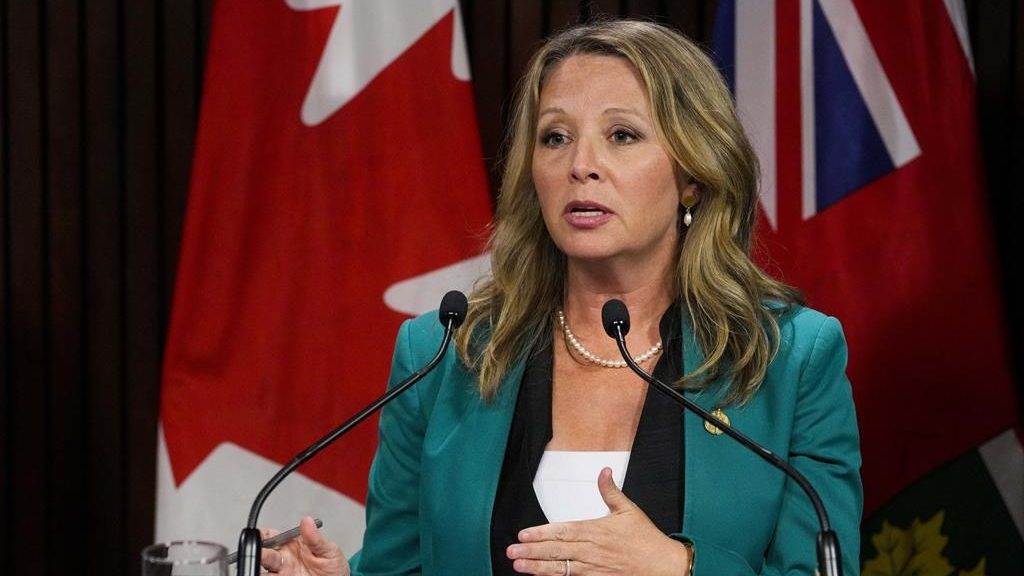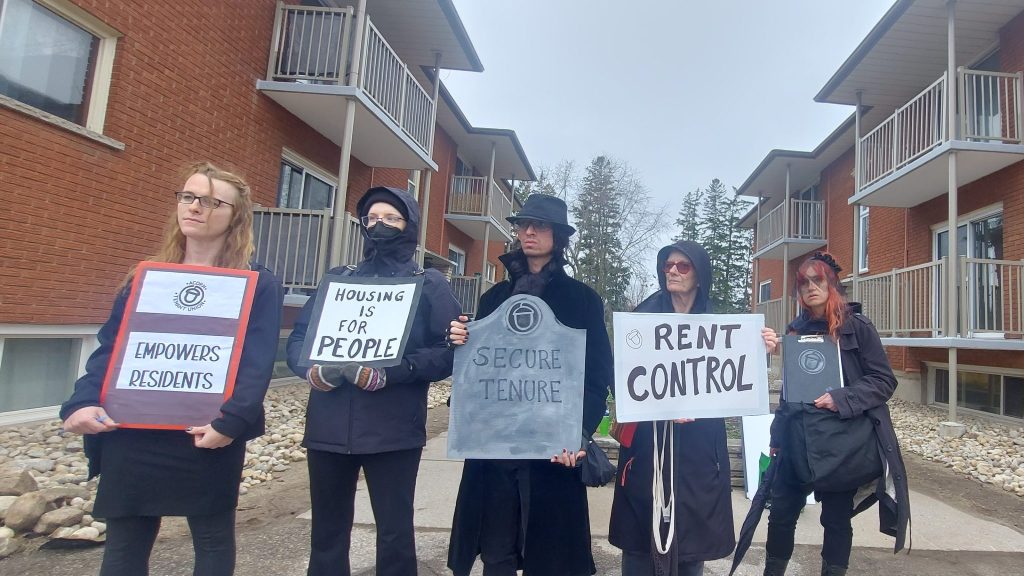Prison moms go to B.C. Supreme Court after program cancelled
Posted May 27, 2013 12:55:57 PM.
This article is more than 5 years old.
VANCOUVER – The closing of a provincial program in 2008 that allowed babies to remain with their incarcerated mothers not only violated an infant’s right to a mother’s care, but discriminated against female prisoners as well, lawyers argued Monday.
Lawyer Geoff Cowper made the opening argument at B.C. Supreme Court five years after the Mother-Baby Program was cancelled at Maple Ridge’s Alouette Correctional Centre for Women, a provincial jail for women serving sentences of less than two years.
Cowper is representing Amanda Inglis and her son Damien, as well as Patricia Block and her daughter Amber. The lawyer said the corrections system has no jurisdiction to strip a mother of her right to personally care for her baby.
By taking the babies away, the prison system is also taking away from the infant the same opportunity to bond with their mothers as do other children, Cowper said. Moreover, the baby now lacks the health benefits of breast feeding and maternal-infant bonding, he said.
“We’re not saying that every mother has an absolute and unquestionable constitutional right to remain with their baby,” he told the court. “If…reasonable cause exists to supplant a mother’s natural right to care for her child, that must be respected. In our system, the decision is made by the (Ministry of Children and Family Development), not the prison system.”
The Mother-Baby Program originally began at the Burnaby Correctional Centre for Women, allowing for inmates to care for their newborns while in prison. When the Burnaby facility was closed and the Alouette jail opened in 2004, the program continued on an ad-hoc basis. It was cancelled four years later due to safety concerns, according to the defendants, B.C.’s solicitor general and attorney general, as well Alouette’s current warden.
According to court documents, the program was terminated because prisoners were exposing babies to dangers by getting into fights or getting involved with drugs. Some also left their babies unattended.
The Corrections Branch offers alternatives for female prisoners to meet with their children, such as allowing children to visit their parents outside of the usual visitation periods, and transferring women to Fraser Valley Institution, a federal facility that offers its own mother-baby program.
But Cowper argued the alternatives are not good enough, and that the constitutional rights of mothers and infants are at question, not safety standards and prison policies. He also said that modern prisons are not like those depicted in films such as Shawshank Redemption, a 1994 drama that details the lives of two prisoners serving time in a violent state penitentiary.
“We’re not talking about sending babies to an inhospitable prison environment,” said Cowper. “The very reasons these policies and programs exist is because prison officials can provide an environment suitable to mothers and babies in a modern prison setting, and that’s what we’re asking for.”
Inglis, a 27-year-old aboriginal woman from Williams Lake, was serving time for various charges when she gave birth to Damien in March 2008. Two weeks later, the Mother-Baby Program was cancelled.
In May of the same year, Inglis was granted day parole and was transferred to Phoenix Transition House in Prince George, where she was allowed to stay with her son.
Patricia Block, 35, was admitted to Alouette in September 2008 after being convicted on trafficking charges. Block was pregnant at the time of her admittance, but the Mother-Baby Program had already been cancelled. As a result, Block applied to serve time in the federal Fraser Valley Institution so she could apply to its program.
However, her application to the program was rejected. When her daughter Amber was born in March 2009, Amber was taken away from Block by the Ministry of Children and Family Development.
Lawyers for Inglis and Block argue the cancellation of Alouette’s mother-baby program caused them both extreme stress and affected them psychologically.
The West Coast Legal Education and Action Fund, which is acting as an intervenor in the case, said the closing of the program caused babies and their mothers to be unnecessarily separated.
“If it’s in their best interest to be with their moms, for the state to interfere with that on this arbitrary basis of whether their mother is in prison or not, is a violation of their equality rights as compared to a child whose mother isn’t in prison,” Kasari Govender, the group’s executive director, said outside the courtroom.
Govender also argued there is more at stake than just constitutionality.
“There’s the idea that if we remove children, we put them in foster care, that has worse outcomes for children, and ultimately has worse outcomes for society,” she said. “It feeds into the cycle of criminality, the cycle of incarceration, the cycle of aboriginal societies facing all kinds of difficulties, and we’re saying it’s time for this to stop.”
Former warden Brenda Tole, who worked at Alouette when the mother-baby program first started, testified a protocol was established to ensure the safety of pregnant women and their babies in prison, including guidelines and a screening process for inmates who volunteered to be babysitters.
Nurses and doctors were available on site between 7 a.m. and 10 p.m. most days, and prison staff all received training on emergency First Aid and infant CPR, she said. Agreements were also drawn up for things like substance abuse testing.
Tole said the babies appeared healthy, and the program had a positive effect on both staff and inmates.
“[The inmates] were very positive about the opportunity for these mothers to have their children there,” she said. “Most of them had dependent children themselves…and they were very, very supportive, and it made a very significant difference to the atmosphere and environment there. It gave them a sense of hope.”
Tole is expected to continue her testimony on Tuesday, and both Inglis and Block are expected to testify later this week. A prison physician and a psychologist are also expected to be heard.
Three other women who were originally participating as plaintiffs in the case have withdrawn. The hearing is expected to run until late June.










